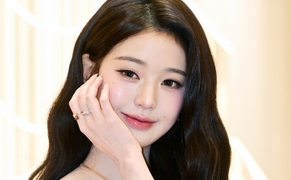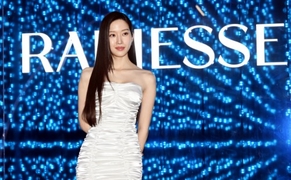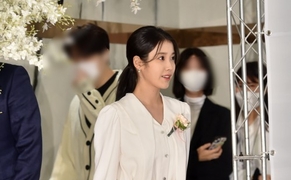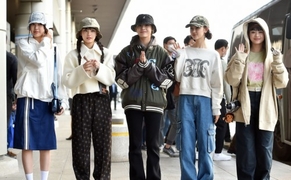 |
| /Source: Yonhap |
President Lee Jae-myung spoke with Chinese President Xi Jinping on June 10, completing his first round of leader-level diplomacy with the heads of South Korea’s three key neighbors — the United States, Japan, and China — within just one week of taking office. The call marked a symbolic launch of his foreign policy agenda.
During the conversation with Xi, Lee expressed hope for “robust cooperation in various sectors including the economy, security, culture, and material exchange, based on mutual benefit and equality.” He also invited the Chinese leader to attend the APEC summit scheduled for November in Gyeongju.
Earlier, on June 6, Lee restored dormant top-level diplomacy by speaking with U.S. President Donald Trump for the first time in over six months. He followed up with a call to Japanese Prime Minister Shigeru Ishiba on June 9, reaffirming the two countries’ commitment to partnership. Diplomatic observers noted with interest that Lee spoke with Japan’s leader before China’s — a choice often seen as an indicator of a new administration’s foreign policy priorities.
Former President Yoon Suk-yeol, who emphasized restoring Seoul-Tokyo ties, held his first calls with leaders in the order of the U.S., Japan, then China. In contrast, ex-President Moon Jae-in, who prioritized relations with Beijing, spoke to China’s leader before Japan’s, a move many argue contributed to his administration’s strained ties with Tokyo.
President Lee is expected to reinforce his pragmatic foreign policy doctrine at the upcoming G7 summit in Canada from June 15 to 17, where he will emphasize strengthening the U.S.-ROK alliance and trilateral cooperation with Japan. Both in his inaugural address and in summit calls, Lee underscored his commitment to “solidifying ROK-U.S.-Japan cooperation on the foundation of a strong U.S.-ROK alliance.”
In an Instagram post the same day, Lee remarked, “Marking the 60th anniversary of diplomatic normalization between Korea and Japan, Prime Minister Ishiba and I agreed to reinforce mutual trust and friendship between our countries.” The message signaled that Lee’s pragmatism, often dubbed “Lee-style diplomacy,” also extends to Tokyo, challenging assumptions that he would take a hostile stance toward Japan.
He also sought to dispel doubts surrounding the U.S.-ROK alliance. In his inaugural speech, Lee pledged to “reinforce ROK-U.S.-Japan cooperation rooted in a strong U.S.-ROK alliance.” In his phone call with Trump, the two even agreed to schedule a round of golf together, signaling both personal rapport and deeper diplomatic engagement. Behind the scenes, the president’s office reportedly views the golf round not merely as symbolic but as a strategic opportunity to coordinate on key issues like tariff negotiations, with multiple scenarios under review.
Meanwhile, Prime Minister nominee Kim Min-seok, addressing past controversy about his involvement in the 1985 U.S. Cultural Center sit-in, remarked at a briefing, “I will contribute to improving ROK-U.S. relations.” He clarified that his past actions were not anti-American but rather “questions about the stance of an allied country.”
Most Read
-
1
-
2
-
3
-
4
-
5
-
6
-
7





















